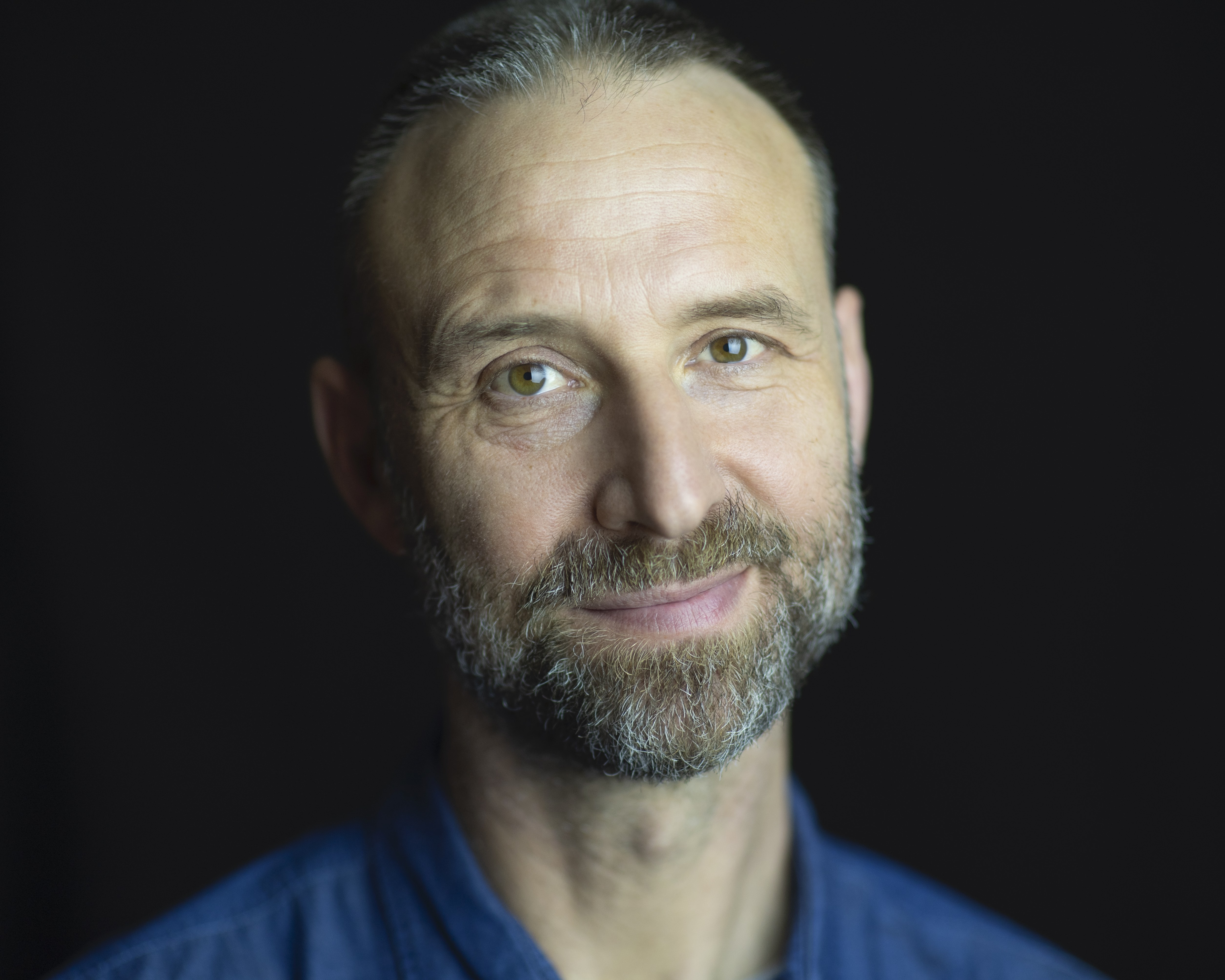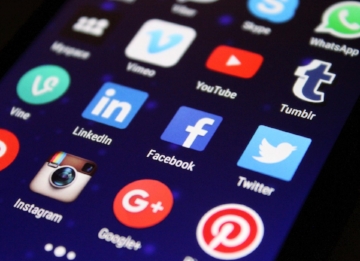Having dabbled in Twitter and been on and off Facebook over the years, I recently decided to quit social media altogether. This was partly a reaction to the Cambridge Analytica scandal and my discomfort at the potential use of my data to enable calamitous, world-damaging events like Brexit and Trump’s election. But I have become increasingly worried about the effect of social and other digital media on my brain.
I noticed that my attention span was shrinking – I found it hard to focus deeply on any one subject and was often zipping off to some website or other, interrupting my reading or writing. I also felt addicted to quick bursts of digital stimulation, even if what I was reading – football gossip, the latest gloomy event to dominate news cycles – either made me feel nothing much or downright bad.
As a long-time mindfulness practitioner, all of this manic distractibility felt especially wrong to me. Haven’t I spent the last eight years training my brain to be quiet and still, to focus? Is that not the whole point of mindfulness practice? So what was I doing logging into Facebook 20 times a day, itchy for a little dopamine hit when someone liked my post? It made no sense at all and felt jarring to the person I was trying to become.
The final straw for me was reading Cal Newport’s brilliant Deep Work: Rules for Focused Success in a Distracted World. He makes a powerful argument that the way we live and work and think in the 21st century is damaging our ability to produce ‘deep work’ – the kind of creative output that leads to a Van Gogh painting, or Ian McEwan novel. Now, I know I’m no Van Gogh, but I do want to write books, to think deeply about my clients and their problems, to understand complex psychological issues and learn the latest developments in CBT, schema therapy and other approaches that can help the people I work with.
Going cold turkey
Newport takes quite an extreme approach to maintaining his focus. He doesn’t surf the web, has never used Facebook or any other form of social media, gets his news from an actual newspaper, and only bought a smartphone when his pregnant wife made him buy a phone that actually worked! He admits that it’s a bit extreme, but he does produce a huge amount of work – including his wonderful book – and only does a 9-5, five days a week. (If you still need convincing, here is his TED Talk, explaining why he thinks we would all be better off without social media).
Only you can decide whether your social/digital media consumption is hurting your brain, but I can testify to the fact that I feel much better without daily hits of Facebook. I do still overuse The Guardian online, but I’m working on that. I am on LinkedIn, but that’s just for work and I rarely look at it. And I feel much more focused, less distracted, more mindful, even… I strongly recommend giving it a try, even if only for a week or two. Digital detoxes are also a good idea – try having at least one screen-free day a week.
Warm wishes,
Dan
Originally published at www.danroberts.com


